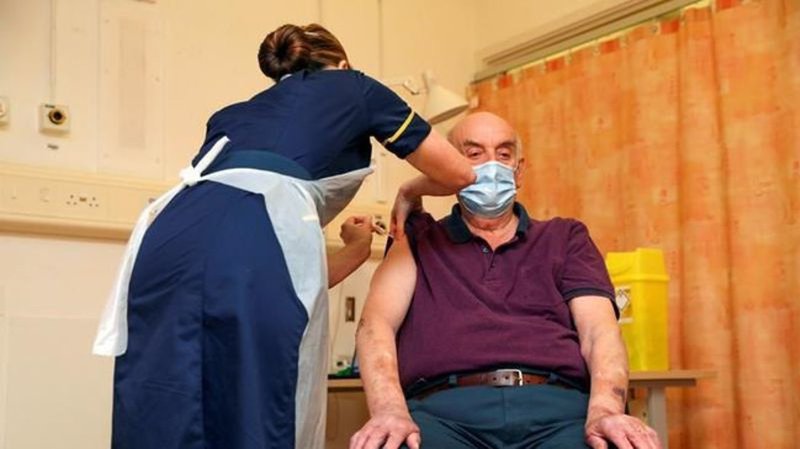
Tensions rise as AstraZeneca, EU hold vaccine delivery talks
BRUSSELS — The European Union’s dispute with AstraZeneca over vaccine supplies intensified Wednesday as the drugmaker defended itself against claims that it had reneged on contractual commitments and the two sides sparred over plans for further talks.
AstraZeneca Chief Executive Pascal Soriot addressed the dispute for the first time, rejecting the EU’s assertion that the company was failing to honour its commitments to deliver coronavirus vaccines. Soriot said delivery figures in AstraZeneca’s contract with the EU were targets, not firm commitments, and they couldn’t be met because of problems in rapidly expanding production capacity.
“Our contract is not a contractual commitment,’’ Soriot said in an interview with the Italian newspaper La Repubblica. “It’s a best effort. Basically we said we’re going to try our best, but we can’t guarantee we’re going to succeed. In fact, getting there, we are a little bit delayed.”
After the interview was published, an EU spokeswoman said AstraZeneca had pulled out of talks Wednesday about problems with vaccine supplies, which AstraZeneca immediately denied. Hours later, the EU said talks were back on.


